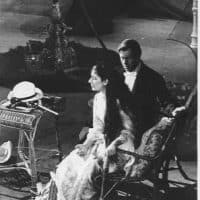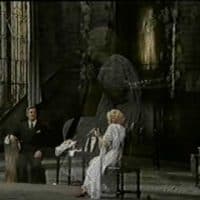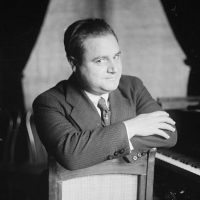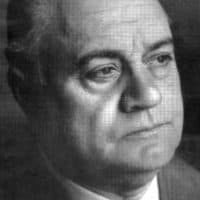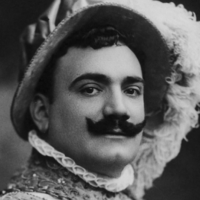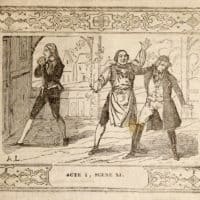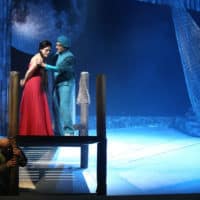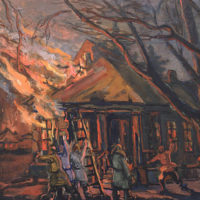Mother’s Opera Star: Tito Schipa
The gentleman told her that he was an Italian tenor and was singing at Ravinia. He said he was going on to the Met in New York and then on to California. He was worried about his dog and said the trip would be to hard on his beautiful collie and would Mother take the dog and give…
